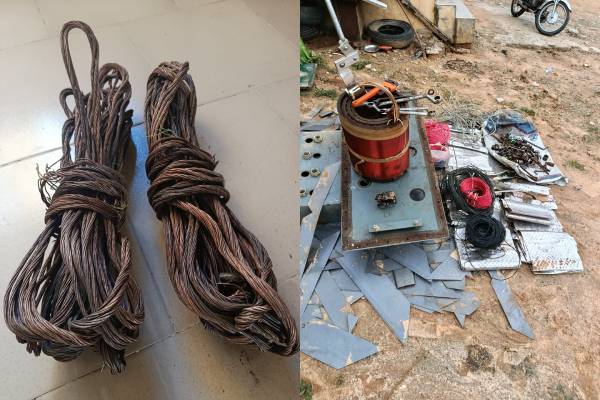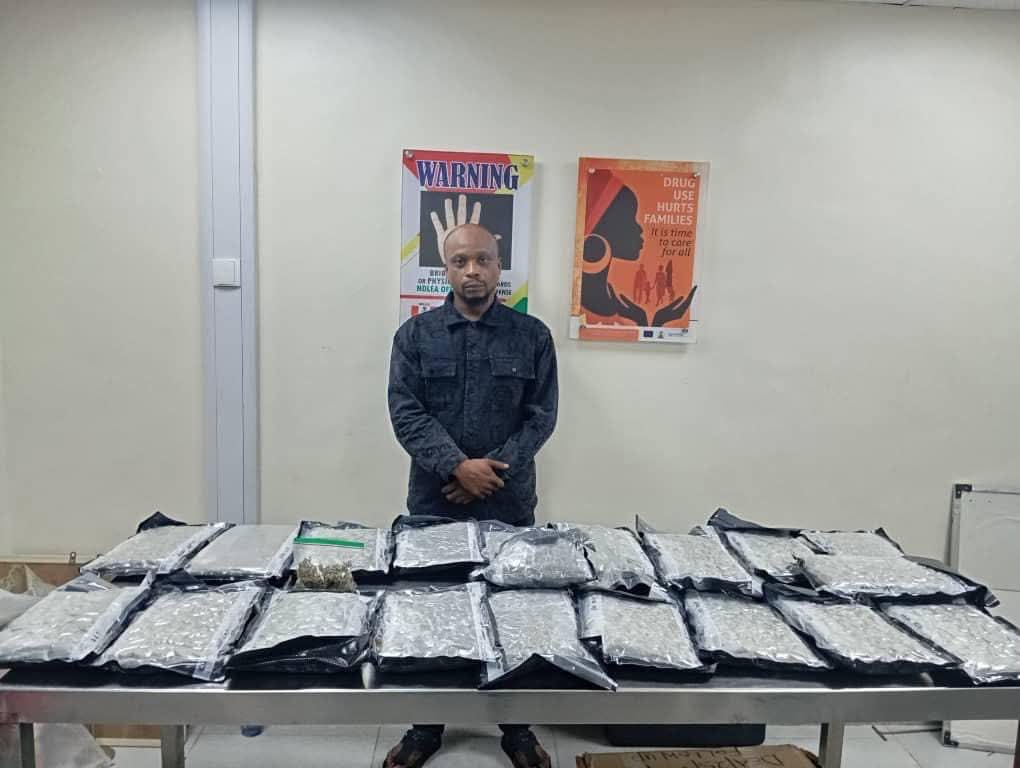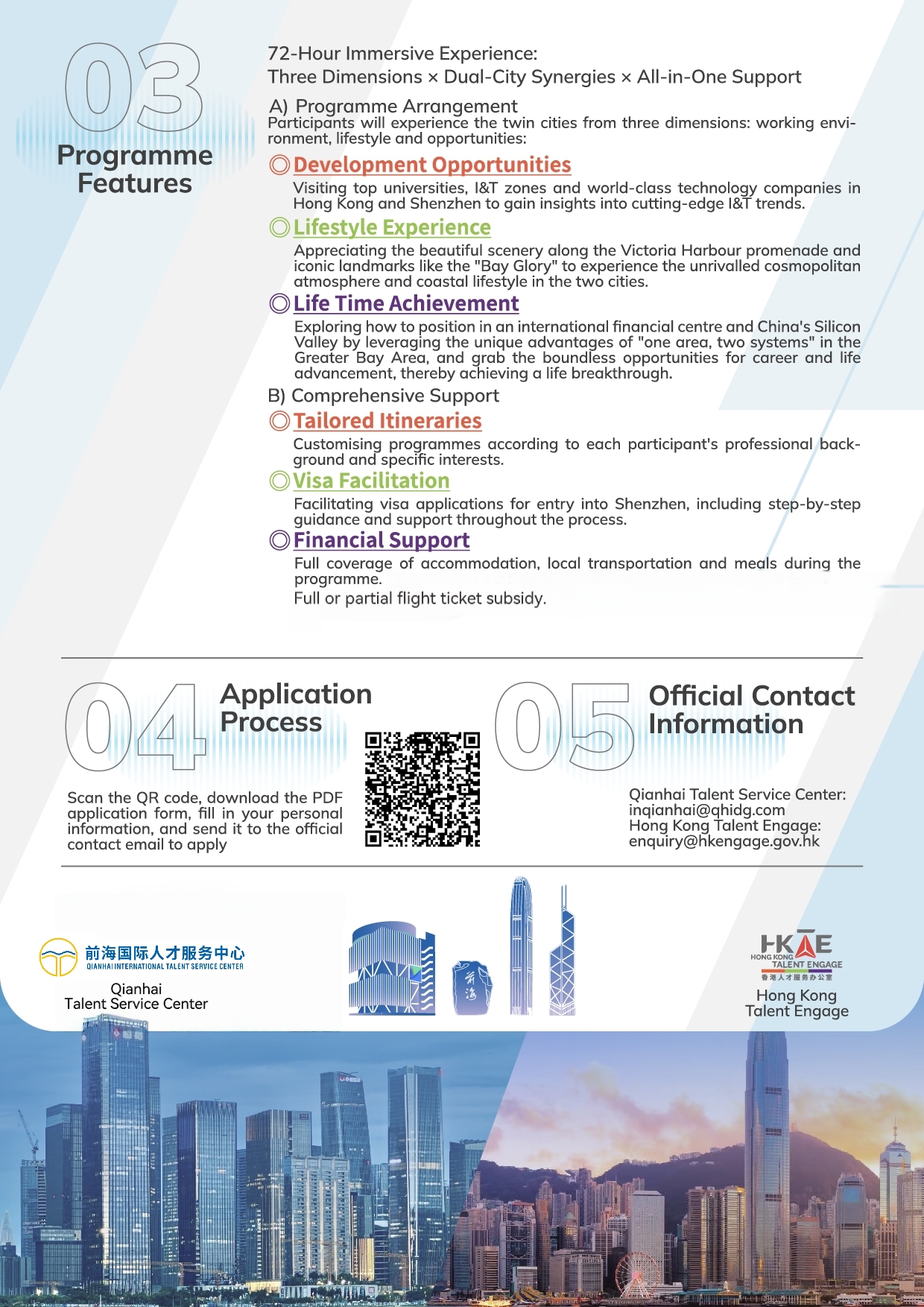In a significant crackdown on criminal activities undermining public infrastructure, the Jigawa State Police Command has arrested 10 individuals suspected of vandalizing transformer cables and other electrical installations across various local government areas in the state. The arrests, which were made public on Sunday, September 7, 2025, reflect the police’s ongoing efforts to curb the rising incidents of vandalism that have severely impacted electricity supply and economic activities in the region. According to the state’s Police Public Relations Officer, DSP Lawan Shiisu Adam, the suspects were apprehended in possession of stolen transformer cables and other incriminating items, highlighting the scale of the criminal enterprise targeting critical infrastructure.
The arrests were carried out through a combination of intelligence-driven operations and proactive policing by operatives of the Jigawa State Police Command. The suspects, identified as residents of different communities within the state, were allegedly caught in the act of tampering with electrical installations or in possession of materials linked to vandalism. The police operations targeted areas notorious for such crimes, with the arrests spanning multiple local government areas, including Dutse, Kazaure, and Hadejia. The recovery of stolen cables and equipment further underscores the deliberate and organized nature of these criminal activities, which have caused significant disruptions to power supply in affected communities.
DSP Lawan Shiisu Adam, in a statement to the press, emphasized the police’s commitment to safeguarding public infrastructure and ensuring that perpetrators of such crimes face the full weight of the law. He noted that the vandalism of transformer cables has not only led to power outages but has also inflicted financial losses on both the government and electricity distribution companies. “The Jigawa State Police Command is working tirelessly to protect critical infrastructure in the state. These arrests are a testament to our resolve to bring an end to vandalism and other criminal activities that undermine the well-being of our people,” he stated.
Details of the Arrests
According to the police, the suspects were apprehended following tip-offs from members of the public and intelligence gathered by the command’s anti-vandalism unit. The operations were conducted over several days, with the suspects caught either in the act of vandalizing transformers or attempting to sell stolen cables. Among the items recovered from the suspects were high-voltage aluminum cables, copper wires, and tools commonly used to dismantle electrical installations. The police also seized vehicles allegedly used to transport the stolen materials, indicating a level of sophistication in the operations of the vandals.
Preliminary investigations revealed that the suspects operated as part of a syndicate that targeted transformers in rural and semi-urban areas, where security presence is often minimal. The stolen cables were reportedly sold in black markets, with some of the materials finding their way to scrap metal dealers and other illicit buyers. The police have launched a manhunt for additional members of the syndicate who remain at large, while efforts are underway to trace the stolen items to their final destinations.
The suspects, whose identities have not been disclosed pending the conclusion of investigations, are currently in custody and undergoing interrogation. DSP Adam assured the public that the suspects would be charged to court upon completion of the investigation, emphasizing that the police would not relent in their efforts to ensure justice is served.
The Broader Context of Transformer Vandalism in Nigeria
The vandalism of transformer cables and other electrical infrastructure is a persistent challenge in Nigeria, with far-reaching consequences for the nation’s power sector and socio-economic development. Transformers, which are critical components of the electricity distribution network, are often targeted by criminals due to the high value of their copper and aluminum components on the black market. The rising cost of these metals, driven by global demand, has fueled an increase in vandalism, particularly in states like Jigawa, where poverty and unemployment create fertile ground for such crimes.
The impact of transformer vandalism extends beyond the immediate loss of materials. Power outages resulting from damaged infrastructure disrupt businesses, healthcare facilities, and households, exacerbating the challenges of an already strained electricity sector. In rural communities, where access to electricity is often limited, vandalism can leave entire towns and villages in darkness for weeks or months, as replacement of damaged transformers is both costly and time-consuming. The financial burden on electricity distribution companies is immense, with millions of naira spent annually on repairs and replacements, funds that could have been invested in expanding access to electricity.
In Jigawa State, where agriculture is a major driver of the economy, reliable electricity is essential for powering irrigation systems, agro-processing facilities, and small-scale industries. The vandalism of transformers undermines these economic activities, contributing to food insecurity and unemployment in affected areas. Furthermore, the disruption of power supply to healthcare facilities poses a significant risk to public health, as critical medical equipment such as ventilators and refrigeration units for vaccines rely on a stable electricity supply.
Government and Community Responses
The Jigawa State Government has repeatedly condemned the vandalism of public infrastructure and has called for stronger collaboration between security agencies, communities, and electricity distribution companies to address the menace. In recent years, the state government has invested in community policing initiatives and awareness campaigns to encourage residents to report suspicious activities around electrical installations. These efforts have yielded some results, as evidenced by the tip-offs that led to the recent arrests.
Community leaders and traditional rulers have also been enlisted in the fight against vandalism. In many parts of Jigawa, vigilante groups have been formed to patrol areas with critical infrastructure, particularly during the night when vandals are most active. These groups work in collaboration with the police and other security agencies to deter criminals and provide real-time information on suspicious activities. However, the effectiveness of these measures is often hampered by limited resources and the vast geographical areas that need to be covered.
Electricity distribution companies, such as the Kano Electricity Distribution Company (KEDCO), which serves Jigawa State, have also taken steps to combat vandalism. These include the installation of anti-theft devices on transformers and the use of community engagement programs to educate residents on the importance of protecting electrical infrastructure. Despite these efforts, the scale of the problem remains daunting, with vandals continually finding new ways to bypass security measures.
Legal and Policy Implications
Under Nigerian law, vandalism of public infrastructure is a serious offense, punishable by imprisonment and fines. The Criminal Code Act and the Miscellaneous Offences Act provide a legal framework for prosecuting offenders, with penalties that include up to seven years in prison for damaging public property. However, the enforcement of these laws has been inconsistent, with many cases of vandalism going unpunished due to challenges in evidence gathering and prosecution.
The recent arrests in Jigawa highlight the need for stricter enforcement of anti-vandalism laws and the establishment of specialized courts to handle such cases. Legal experts have also called for the designation of critical infrastructure, such as transformers and power lines, as protected assets under national security laws, which would impose harsher penalties for vandalism. Additionally, there is a growing push for the regulation of the scrap metal industry, which is often a destination for stolen cables and other materials.
The Way Forward
To effectively address the issue of transformer vandalism, a multi-faceted approach is required, involving government, security agencies, communities, and private sector stakeholders. Strengthening security around critical infrastructure is a priority, and this could involve the deployment of technology such as surveillance cameras and motion sensors to monitor transformers in vulnerable areas. The use of tamper-proof materials in the construction of transformers could also deter vandals, although this would require significant investment from electricity distribution companies.
Public awareness campaigns should be intensified to educate communities on the economic and social costs of vandalism. These campaigns should emphasize the role of residents as stakeholders in protecting public infrastructure and encourage them to report suspicious activities without fear of reprisal. Incentives could also be offered for information leading to the arrest and conviction of vandals, as a way of fostering community participation.
Collaboration between state and federal governments is also critical. The federal government, through agencies like the Nigerian Security and Civil Defence Corps (NSCDC), has a mandate to protect critical national assets, including power infrastructure. By working closely with state police commands and local communities, the NSCDC can enhance the security of transformers and other installations.
Finally, addressing the root causes of vandalism, such as poverty and unemployment, is essential for long-term success. In Jigawa and other parts of Nigeria, youth empowerment programs, vocational training, and job creation initiatives could provide alternative livelihoods for individuals who might otherwise turn to crime. By tackling the socio-economic factors that drive vandalism, the government can reduce the incidence of such crimes and create a more sustainable environment for economic growth.
Conclusion
The arrest of 10 suspects in Jigawa for transformer cable vandalism is a step in the right direction in the fight against the destruction of public infrastructure. The Jigawa State Police Command’s proactive approach demonstrates the importance of intelligence-driven policing and community cooperation in addressing this pervasive issue. However, the problem of vandalism requires a comprehensive and sustained response that goes beyond arrests and prosecutions. By combining enhanced security measures, legal reforms, community engagement, and socio-economic interventions, Jigawa and other states can protect their critical infrastructure and ensure a stable electricity supply for their residents. The police have urged the public to remain vigilant and report any suspicious activities around electrical installations, as the fight against vandalism continues.








